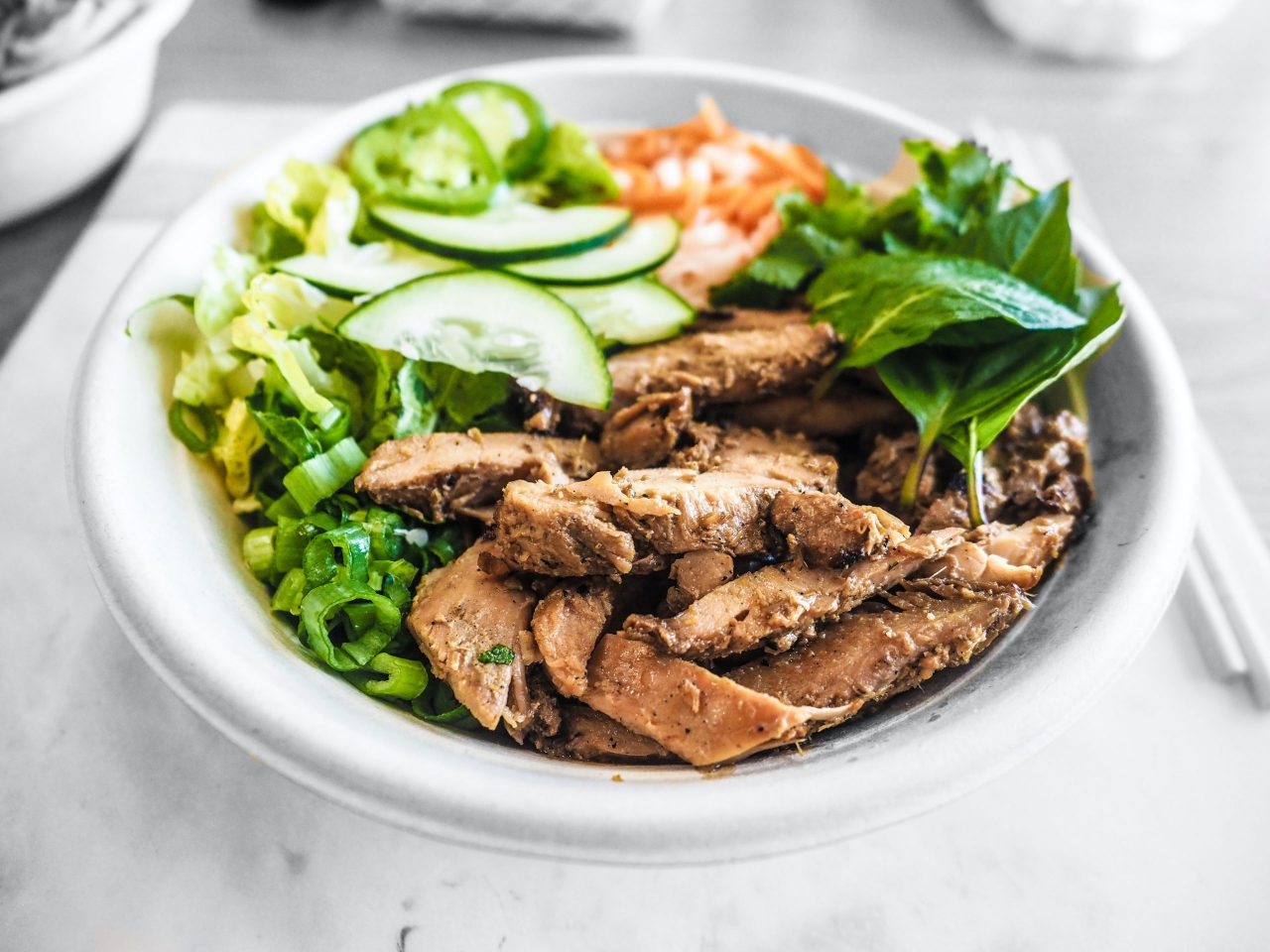Protein is an essential macronutrient that is necessary for a variety of functions in the body. Some of the most important are: building and repairing muscle tissue, producing hormones, and maintaining the immune system. For those who are physically active, getting enough protein is especially important, as it helps to support muscle growth and recovery.
There are different recommendations for how much protein people should consume, depending on factors such as age, sex, and level of physical activity.
The general recommendation for adults is to consume at least 0.8 grams per kilogram of body weight per day.
However, for athletes and those who engage in regular resistance training, higher amounts may be needed to support muscle growth and repair.
According to the International Society of Sports Nutrition, athletes who engage in regular resistance training may benefit from consuming 1.4 to 2 grams of protein per kilogram of body weight per day. For endurance athletes, the recommendation is slightly lower, at 1.2 to 1.6 grams of protein per kilogram of body weight per day.
It is important to note that consuming more than the recommended amount does not necessarily lead to greater muscle growth. Studies have shown that there is a limit to how much the body can effectively use to support muscle growth. So, consuming excessive amounts may simply be excreted by the body or stored as fat.
In addition to the amount consumed, the timing of protein intake can also be important for muscle growth and recovery. It is recommended that individuals consume it within 30 minutes to an hour after exercise to help support muscle recovery and growth. Consuming it throughout the day, rather than in one or two large meals, can also help to support muscle protein synthesis and overall muscle growth.
In terms of satiation, protein is also known for its ability to keep people feeling full for longer periods of time. This can be helpful for those who are trying to lose weight or maintain a healthy weight. That’s because it can help to reduce overall caloric intake.
Some of our favorite protein sources are:
- Beef
- Egg Whites
- Chicken / Poultry
- Whey / Isolated Protein Powder
- Lentils
- Protein Bars / Other Supplements
Overall, getting enough protein is important for supporting muscle growth, recovery, and overall health. Athletes who engage in regular resistance training may benefit from consuming higher amounts. Also, the timing can also be important for muscle growth and recovery. It is important to remember that consuming excessive amounts does not necessarily lead to greater muscle growth, and a balanced and varied diet is still important for overall health.
Sources
- Tipton, K. D., & Wolfe, R. R. (2004). Protein and amino acids for athletes. Journal of sports sciences, 22(1), 65-79.
- Phillips, S. M., & Van Loon, L. J. (2011). Dietary protein for athletes: from requirements to optimum adaptation. Journal of sports sciences, 29(sup1), S29-S38.
- Helms, E. R., Zinn, C., Rowlands, D. S., & Brown, S. R. (2014). A systematic review of dietary protein during caloric restriction in resistance trained lean athletes: a case for higher intakes. International journal of sport nutrition and exercise metabolism, 24(2), 127-138.




